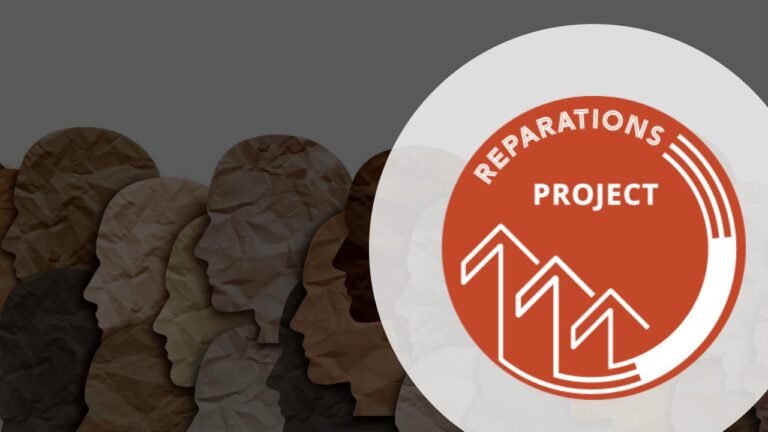The Asheville City Council has approved five seat appointments for the Community Reparations Commission representing the five impact focus areas of criminal justice, economic development, education, health care and housing.
Those members appointed by Asheville City Council are:
Dewana Little – Criminal Justice
Dr. Dwight B Mullen -Economic Development
CiCi Weston – Education
Dr. Tamarie Macon – Healthcare
Joyce Harrison – Housing
Also announced were the names of those appointed by the historically impacted African American neighborhoods.
Burton Street
DeWayne Barton
MZ Yehudah
East End/ Valley Street
Keith Young
Glenda McDowell
Heart of Chestnut
Bernard V. Oliphant
Renata Conyers
Shiloh
Norma S. Baynes
Bobbette K. Mays
Southside
Mildred Nance Carson
Roy Harris
Stumptown
Thomas Priester
Kimberly Jones
Public Housing Community in Asheville
Shaunda Jackson
Angela Young
Aleesha Ballard
Alternates
Darrin Owens
Shekiki Jiles-Baten
These members were selected through a neighborhood nomination process, and the selection was at the discretion of the neighborhood organizations who submitted the nomination.
Background
On July 14, 2020, the Asheville City Council passed a resolution supporting community reparations for Black Asheville. The resolution calls for the city manager to, “establish a process within the next year to develop short, medium and long term recommendations to specifically address the creation of generational wealth and to boost economic mobility and opportunity in the black community.”
You can find more information about the Reparations on Public Input here.
The Community Reparations Commission is charged with developing recommendations to be presented to the City Council and County Commission to repair the harm done by decades of racial discrimination and systemic oppression against Black Asheville residents. The reparations process in Asheville will focus on five impact areas which include housing, economic development, health, education, and criminal justice.
The Commission final composition it’s of 25 members; 15 commission members will be nominated by persons from historically impacted neighborhoods, to include public housing and former historically African American neighborhoods (for example Stumptown).
The Community Reparations Commission members will contribute approximately 5-10 hours per month, possibly up to 18 to 24 months.
